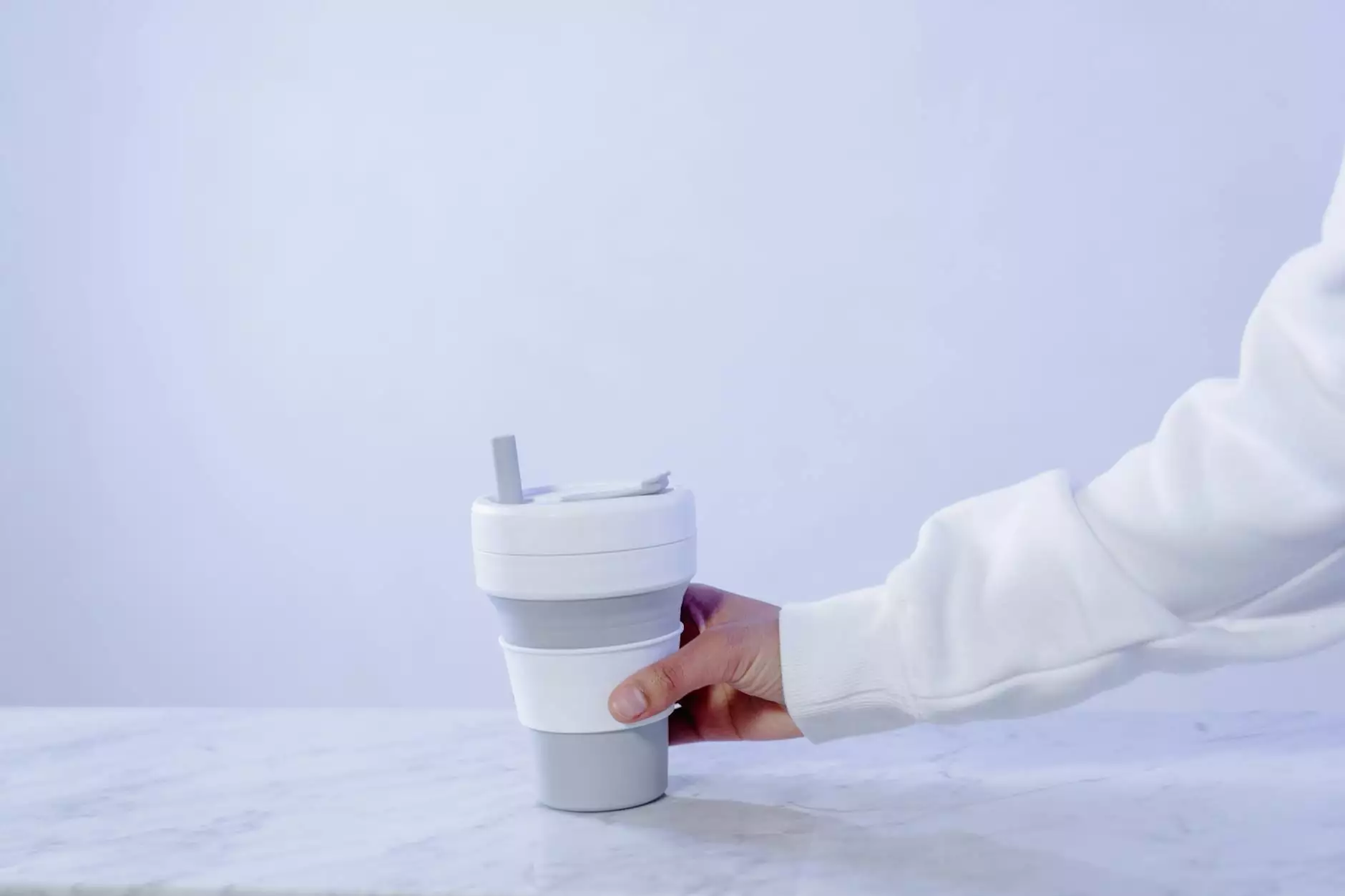The Importance of Industrial Dehumidifiers in Modern Business

In an era where environmental control has become paramount for operational efficiency, the role of industrial dehumidifiers cannot be overstated. These devices play a crucial part in safeguarding both the physical assets and the health of the workforce across various industries. This comprehensive guide will delve deep into the vital functions and benefits of industrial dehumidifiers, shedding light on their pivotal role in enhancing business productivity.
Understanding Industrial Dehumidifiers
Industrial dehumidifiers are advanced systems designed specifically to remove excess moisture from the air in large commercial spaces. Unlike their residential counterparts, which typically cater to smaller environments, industrial models are engineered to handle high volumes of air and moisture, making them ideal for warehouses, factories, and other significant facilities.
How Do Industrial Dehumidifiers Work?
The functioning of an industrial dehumidifier involves several processes:
- Condensation: Most industrial dehumidifiers operate on the principle of condensation. They pull in warm, moist air and cool it down, which causes the moisture in the air to condense into water droplets. This water is then collected in a tank or drained away.
- Desiccant Technology: Some industrial dehumidifiers use desiccant materials to absorb moisture from the air. These units are particularly useful in environments where cooling is not possible.
- Heat Exchange: They often utilize heat exchange systems to maximize energy efficiency, allowing the device to recycle heat and reduce operational costs.
The Key Benefits of Implementing Industrial Dehumidifiers
Businesses across various sectors can reap numerous advantages by integrating industrial dehumidifiers into their operations. Here are some of the most significant benefits:
1. Enhanced Product Quality
In industries such as food processing, pharmaceuticals, and manufacturing, controlling humidity levels is essential to maintaining product integrity. High humidity can lead to:
- Mold Growth: A breeding ground for mold can compromise safety and quality.
- Corrosion: Excess moisture can corrode metal parts, leading to malfunctions and financial loss.
- Deformation: In materials like wood and paper, high humidity can cause physical changes that result in defects.
2. Improved Employee Health and Comfort
Excess humidity can create a breeding ground for allergens and bacteria, negatively affecting employee health. Maintaining optimal humidity levels leads to:
- Reduced Allergens: Lower levels of moisture inhibit mold and dust mite growth.
- Increased Comfort: Comfortable humidity levels enhance employee satisfaction and productivity.
- Fewer Sick Days: Healthier employees result in fewer absences, contributing to overall business performance.
3. Energy Efficiency
By regulating indoor humidity levels, industrial dehumidifiers can also lead to significant energy savings:
- Less Cooling Demand: Since humid air feels warmer, reducing humidity can decrease the load on air conditioning systems.
- Longer HVAC Lifespan: By relieving the strain on HVAC systems, businesses can extend the lifespan of their equipment.
4. Preservation of Building Infrastructure
Moisture can lead to structural damage over time. Installing an industrial dehumidifier protects your facility from:
- Structural Damage: Dry environments reduce the risk of wood rot and foundation issues.
- Paint and Finishes: Maintaining proper humidity prevents peeling or blistering of paint and other finishes.
Choosing the Right Industrial Dehumidifier
Selecting the appropriate industrial dehumidifier for your business can be a daunting task. Here are crucial factors to consider:
1. Size and Capacity
Choosing the correct size of the dehumidifier is essential based on the area and level of moisture present. Capacity is typically measured in pints of moisture removed per day. A proper assessment of space can help determine the machine's capacity needed.
2. Environment Type
The type of environment where the device will be used significantly influences the choice. Considerations include:
- Temperature Ranges: Some dehumidifiers work better in cooler conditions, while others are suited for warmer climates.
- Ventilation: Enclosed spaces may require different dehumidifying strategies compared to open areas.
3. Drainage Options
Effective drainage solutions are vital for smooth operation. Options include:
- Gravity Drainage: Suitable for areas where gravity can assist in water removal.
- Pump Drainage: Ideal for spaces where water needs to be pumped to a higher elevation.
- Manual Drainage: While less convenient, some models still allow for simple manual drainage.
4. Energy Efficiency Ratings
Look for industrial dehumidifiers with high energy efficiency ratings to minimize operating costs and environmental impact. Advanced models often come with features enhancing their overall efficiency.
Industries That Benefit from Industrial Dehumidifiers
Numerous sectors can substantially benefit from the use of industrial dehumidifiers. Here are some notable examples:
1. Manufacturing
Manufacturing environments often deal with sensitive materials and processes that require strict humidity control. Industrial dehumidifiers help preserve the integrity of products and improve manufacturing processes.
2. Food Processing and Storage
The food industry relies heavily on maintaining specific humidity levels to prevent spoilage and ensure quality. Industrial dehumidifiers help in preventing mold and mildew, extending shelf life by maintaining optimal conditions.
3. Pharmaceuticals
Pharmaceutical manufacturing requires strict environmental controls. Humidity can affect product formulation and stability. An industrial dehumidifier is crucial to meet compliance regulations and maintain product integrity.
4. Warehousing
Warehouses that store inventory, especially perishable goods, can benefit immensely from dehumidification. This helps in protecting your products from moisture-related damage.
The Future of Industrial Dehumidifiers
As technology continues to evolve, the capabilities of industrial dehumidifiers will undoubtedly expand. Future advancements may include:
- Smart Technology: Integration with IoT will allow for remote monitoring and control, enhancing convenience and efficiency.
- Improved Energy Efficiency: Ongoing innovations will likely lead to more sustainable models that consume less power while enhancing performance.
Conclusion
The utilization of industrial dehumidifiers presents a multifaceted approach to enhancing environmental control in business settings. By investing in these systems, organizations can enhance product quality, improve employee well-being, and preserve infrastructure, leading to greater operational success. As industries continue to face challenges related to climate and environmental control, the significance of maintaining optimal humidity levels through industrial dehumidification will only grow.
For businesses looking to improve their operational environments, explore the innovative options available at Climatronics and discover how the right industrial dehumidifier can transform your workspace today.









